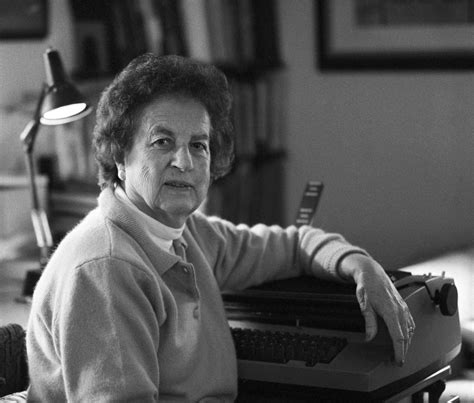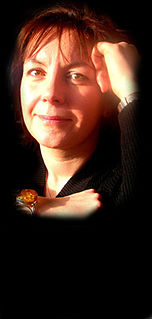A Quote by Peter A. Levine
I am often asked how I can work with a subject as morbid as trauma without becoming burned out or depressed. My answer to this question is that witnessing the transformation that takes place in people when they master their traumas has proven to be a deeply sustaining and uplifting experience in my life.
Related Quotes
I really do think how we frame things determines so much of our experience, and I've been talking to a lot of oncologists, like, why don't we call them transformation suites and give people transformation juice and have guides that support people when they're going through chemo so you could actually burn away what needs to be burned away, as opposed to this dread, terror, horror, which is a very different experience.
I do not understand how deeply people seem to like my work - but I love that people feel I have helped them through hardships, and also have shared my experience of living a more spiritual and present life. It's so great to be able to make people laugh, because this is so often how we get our selves back.
So many writers come to class with one question dominant in their mind, 'How do I make a living from this?' It's a fair enough question and one I always try to answer well- but it saddens me that it so often overshadows the more relevant questions of 'why am I writing' and 'what am I saying' and 'how do I keep it honest.
Well people often ask me how I felt growing up with a father who was a politician and who was often away. But when I'm asked that question I often reflect on my inability really to be able to answer it in any relative sense because I never grew up with a father doing anything else. So I just have no idea what it would be like otherwise.
It's the most annoying question and they just can't help asking you. You'll be asked it at family gatherings, weddings, and on first dates. And you'll ask yourself far too often. It's the question that has no good answer. It's the question that when people stop asking it, you'll feel even worse. - WHY ARE YOU SINGLE?
I do think it's possible for me to go back to the studio, and for a lot of women filmmakers to be going back into studio filmmaking with a different sense of their own agency, and a different sense of the respect that they can command. When you asked the question about whether women want to be making big studio movies, the answer is almost always yes. It's just, how do they want to be treated? What is that experience going to be? And if you know the experience is gonna be shitty going into it, I personally am at a place where I'm not willing to punish myself any longer.






































